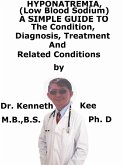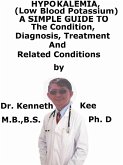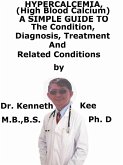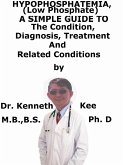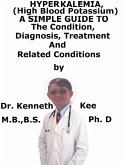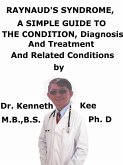Hypocalcemia is a frequent biochemical disorder that can vary in severity from being asymptomatic in mild cases to presenting as an acute life-threatening crisis. Hypocalcemia is too low calcium (below 8.4 mg/dL or 2.25 mmol/L) in the blood. Normal blood Calcium varies from 8.4 to 10.4 mg/dL (2.25-2.6 mmol/L) controlled by 3 main calcium-regulating hormones (parathyroid hormone PTH, vitamin D, and calcitonin) through their specific effects on the bowel, kidneys, and skeleton. Calcium and phosphate are interrelated both controlled by the parathyroid hormones and Vitamin D which control the calcium and phosphate exchange between the blood and 3 systems in the body: 1. Skeletal 2. Gastrointestinal 3. Renal Parathyroid hormones work mainly on the bones and kidney to raise the blood calcium and increase the phosphate excretion. Vitamin D raises the intestinal absorption of calcium and phosphate. About 50% of the total serum calcium is attached to protein, and the remaining free ionized calcium is physiologically active. Serum calcium levels must be corrected for the blood albumin value before confirming the diagnosis of hypercalcemia or hypocalcemia. Hypocalcemia (corrected serum total calcium level < 2.12 mmol/L) is most often a result of vitamin D inadequacy or hypoparathyroidism, or a resistance to these hormones Low calcium levels have also been linked with many drugs such as cisplatin, antiepileptics, aminoglycosides, diuretics, bisphosphonates and proton pump inhibitors; there are other causes. Calcium is a vital mineral, used by the body to build strong bones and teeth. Calcium is also needed for the heart and other muscles to function properly. When a person does not get enough calcium, he or she raises the risk of forming disorders like osteoporosis, osteopenia, and calcium deficiency disease (hypocalcemia). Children who do not get enough calcium may not develop to their full potential adult height. This low calcium may be due to a variety of factors, such as: 1. Poor calcium intake over a long period of time, especially in childhood 2. Medicines that may decrease calcium absorption 3. Dietary intolerance to foods rich in calcium 4. Hormonal changes, particularly in women 5. Certain genetic factors Symptoms: 1. Confusion or memory loss 2. Muscle spasms 3. Numbness and tingling in the hands, feet, and face 4. Depression 5. Hallucinations 6. Muscle cramps 7. Weak and brittle nails 8. Easy fracturing of the bones Signs: 1. Chvostek's sign 2. Trousseau's sign 3. Seizures. 4. Prolonged QT interval Diagnosis is by: Blood for the corrected calcium level or ionized calcium level Treatment: The patient is treated where symptoms (seizures, tetany) are present or there is a high risk of complications with a serum calcium
Dieser Download kann aus rechtlichen Gründen nur mit Rechnungsadresse in A, B, CY, CZ, D, DK, EW, E, FIN, F, GR, H, IRL, I, LT, L, LR, M, NL, PL, P, R, S, SLO, SK ausgeliefert werden.



